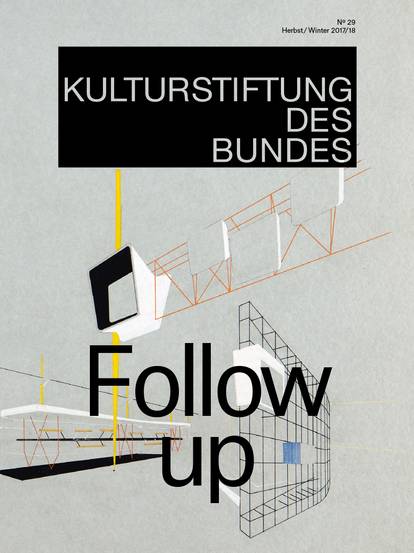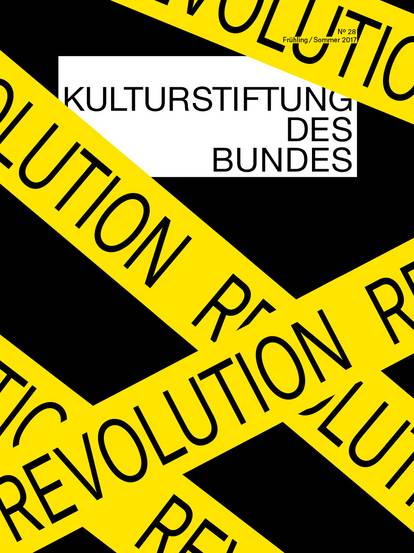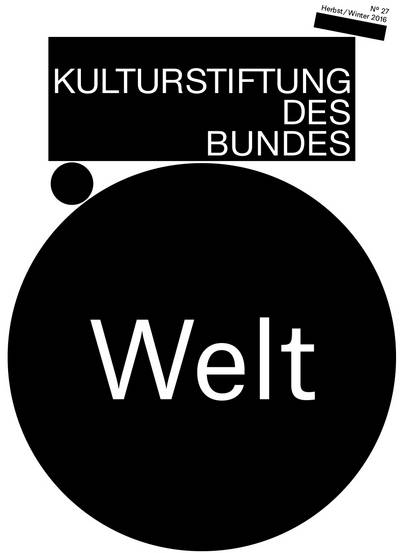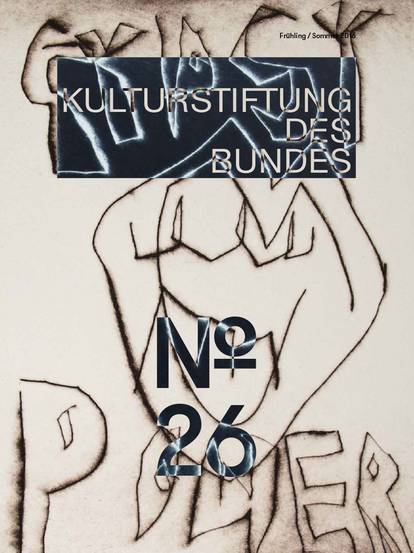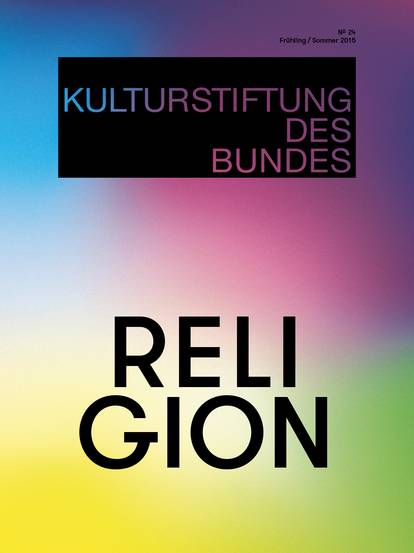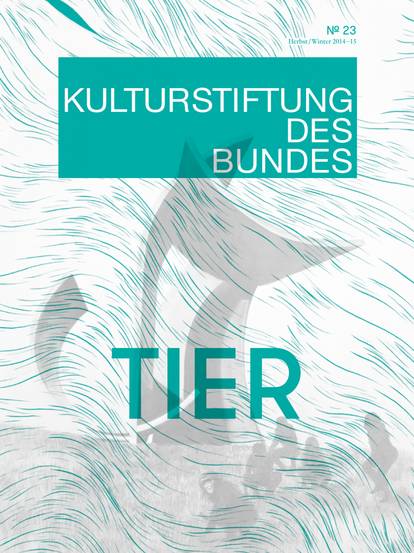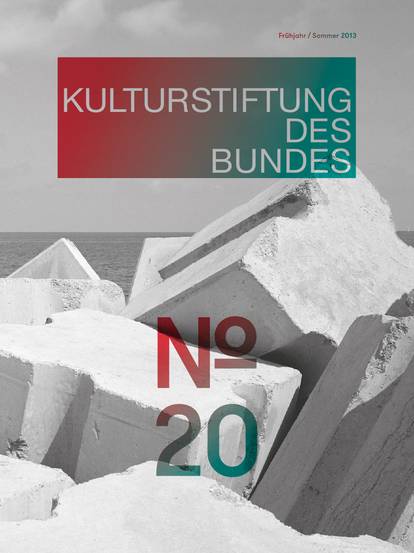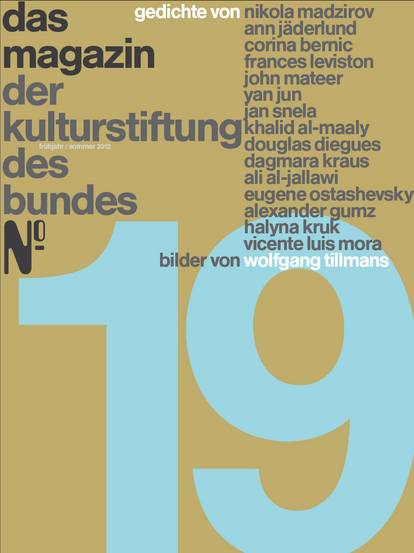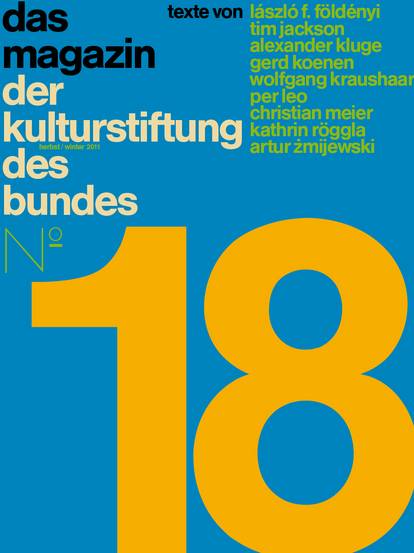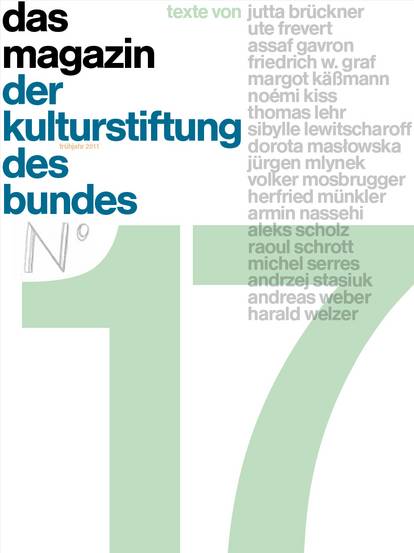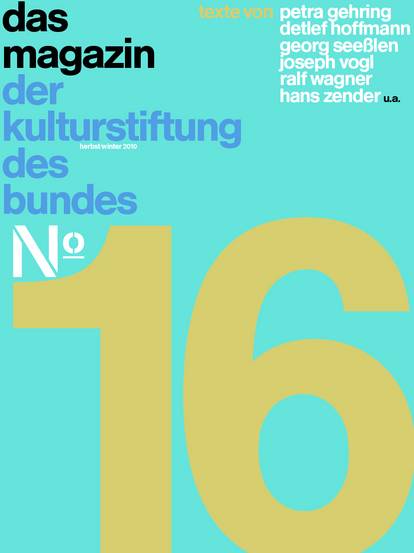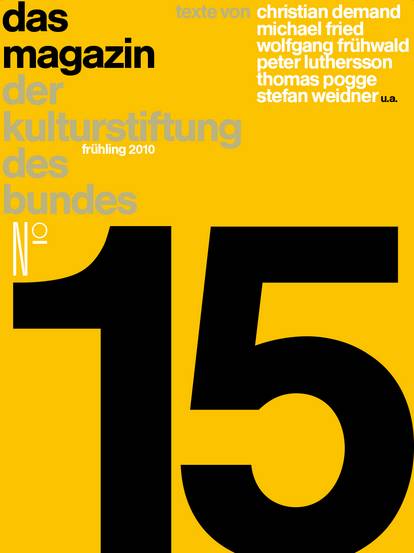For centuries, scientists have been debunking the creation myths of the world’s major religions and displacing man ever further from the centre of the universe. In return, they promised a more enlightened, longer life. Can science ultimately replace the belief in God? Can scientific findings provide us with a concrete world view and greater comfort?
Over recent months I have been asked by different people whether I think science is substituting religion, whether art is substituting religion, sport is substituting religion, politics is substituting religion, and so on. In each case the implication is that such substitutions would be detrimental, that each area of experience has its proper place and we shouldn’t confuse one with the other. In short, these questions come from anxious conservatives. Meantime, religion hardly seems to be on the retreat. Yet nobody asks me whether I think religion is substituting science, art, sports, politics etc.
Beyond the immediately practical needs of food, shelter, warmth and space, humans have other more complex requirements. Essentially, a state of mind has to be achieved, a framework of beliefs, or at least mental habits, that will allow us to perform the various activities society requires of us, without feeling imprisoned on the one hand, or overwhelmed by meaninglessness on the other. We need a vision of the world and life such that we are willing to get on with things. This is not easy.
The religions of the world are many and more various than most people suppose; however, in general they organise life in such a way that it has meaning and momentum. A collection of creation myths and stories of the deity’s dealing with man allow the believer to have a sense of his position in the universe. There is a blueprint for a good life which is also a framework for understanding a wide range of experience, from work to art to sex to mysticism. Above all, these beliefs are shared by a community, so that each believer is guaranteed a sense of belonging. He is not alone. He knows what his relationships to other human beings should be, more or less. When religious feeling is strong, a believer knows what life is about and the community sustains his convictions. This was quite an achievement – though it often results in one community fighting another.
Religion’s weak point is that it requires belief. If you can’t believe, it is not just your personal destiny that is called into question, but the whole glue on which society is based, the very pattern of life itself. So it was inevitable that science would be a threat to religion. The history of the West in modern times could be understood in terms of the various pacts between science and religion such that society could reap the benefits of science while keeping its religion more or less intact. In this regard, the Cartesian split between a materialist realm of research and a spiritual realm of belief was invaluable.
But inevitably as geology, astronomy and above all biology wiped away one creation story after another, some people found it hard to go on believing, while in general a religion that is increasingly forced to see its main tenets as metaphors rather than straightforward facts, inevitably loses conviction. It was belief in an absolute that gave religion its force. More and more, contemporary religions are polarised between fundamentalists who yearn for old absolutes in the teeth of scientific evidence, and liberals who seek to construct religious devotion without literal beliefs.
Fortunately religion is not quite the only way of constructing a world vision which allows us to live. Reflecting on the “massacre of the illusions” which science had brought about, the 19th-century Italian poet and philosopher Giacomo Leopardi felt that the modern human condition would be characterised by a kind of double-think: one knew that there was nothing to believe in, yet since some framework of belief was necessary for action, people would create such frameworks, however flimsy, in other areas of experience. The areas Leopardi identified were… science, art and sport.
Science offers facts, perhaps truths, about ‘creation’, or evolution, and with it notions both of determinism and, more dubiously, progress. We can see our lives as locked into the onward march of the species. Meantime technical advances based on scientific discoveries offer us the possibility of improving our lot. Indeed science seems frequently to be seeking forgiveness for having destroyed our illusions by offering, in compensation, discoveries that may make life better, or longer, or at least more comfortable, or simply more interesting. This is a pretty poor trade if one thinks of the universal view and the deeper comfort religion once offered, but if art can give voice and shape to our more elusive and noble intuitions, if politics and sport can offer frameworks for belonging and relatively harmless competition, if consumerism (itself largely dependent on science) gives people a series of desires to fulfil, then life can take on some form. And, of course, cultural inertia is a huge asset. We do the things our parents did.
There is nothing perverse or even strange about this. We have needs that religion once satisfied. For many of us, religion no longer works. Even those who profess belief frequently do so in a way hardly comparable to the total conviction of centuries ago. The world is not divided into believers and non-believers, but into people with different intensities and continuities of conviction, or you might say people who ‘use’ religion for different goals, a consolation in the face of death, a sense of militant community.
What strikes one is how precarious any modern mind set, whether religious or otherwise, inevitably is, how hard and how constantly we have to work to give direction to our lives. Above all, how difficult it is for us to find any reason for denying our individual selves in favour of society as a whole. As Louis Dumont suggested in his studies of human hierarchies, from the moment we no longer have religious belief to underpin a hierarchical vision of humanity, then every relationship between individuals is one of pure competition.
Which brings me to my interest in the project “Science as Religion?” by the German-American Institute in Heidelberg, where I participated as a guest “intern”. One of the notions both Christianity and Western science hold in common is the supremacy, on earth, of the individual human consciousness, or mind, or soul. Christianity had already posited a direct relationship between the individual and God, beside which all other relationships were secondary. What mattered was the immortal soul, the self. The Cartesian split between materiality and spirituality reinforced this view of things. The human mind was in some way separate from the world, a spiritual existence in a material skull. One could even imagine it becoming immortal, if not through a passage to heaven, then in some sophisticated, yet to be designed software.
Over recent years with more and more research into the brain and the advent of sophisticated scanning instruments, scientists have tried to confirm this model by identifying the physical seat of consciousness. Nailing the soul down, as it were. This they have completely failed to do. No place has been found that constitutes the self, nor has any model of consciousness proved entirely convincing.
Recently I have become interested in the work of those ‘externalists’ who claim that the reason for this failure is precisely the mistaken notion that the mind is somehow locked inside the head and hence separate from the world. They suggest rather that consciousness is a continuum that exists only in the constant exchange between body and world. There is no self closed in the skull. There is no soul. This is an attitude much closer to some Oriental views of the relationship between man and the world. When I see an apple, for example, I do not as it were take a photograph of the apple and possess it in my head, separate from the apple. Rather the direct exchange between apple and mental receptors is the consciousness of the apple, and all later memories of the apple are reverberations of that exchange, not an image I own and manipulate in the photoshop of the mind.
The implications of this approach are enormous. An understanding of our real position as radically within the world, an elimination of any notion of a division between a gross material world and a separate refined human consciousness, would inevitably change our relationship with the natural world and with each other. So this is what I would like to investigate a little further. Needless to say, the resistance to this notion will be considerable. Humans have spent hundreds if not thousands of years fuelling the idea that they are special and separate, above all that they possess an individuality that can somehow be abstracted from the material world, that can escape the law of change to which all matter must submit. The very expression “sensually perceived world” was invented to suggest our superiority to it and subjugate it to the realm of sensory perception. Such prejudices will not disappear in a day.

![[Translate to English:] Magazine 38](/fileadmin/_processed_/f/1/csm_Magazin38_Cover-Vorschau_921x1230_689f428dc3.jpg)
![[Translate to English:] Magazine 37](/fileadmin/_processed_/b/c/csm_Mag37_Cover-Vorschau_921x1230_b5129fdb2a.jpg)
![[Translate to English:] Magazine 36](/fileadmin/_processed_/2/a/csm_Cover_Magazin36__issuu_2f3cef97bb.jpg)
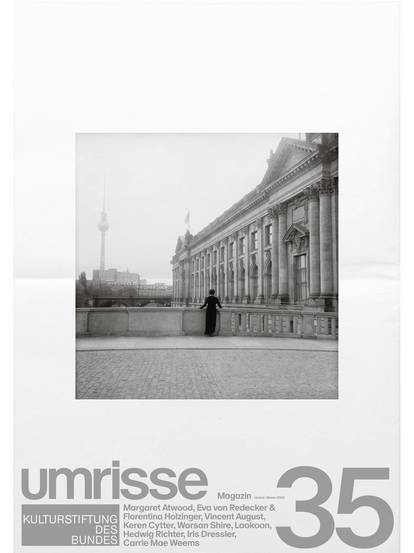
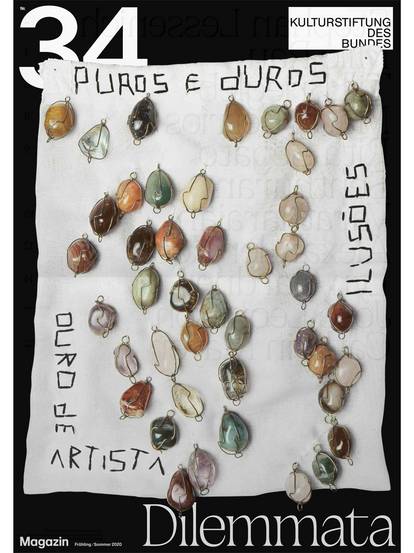
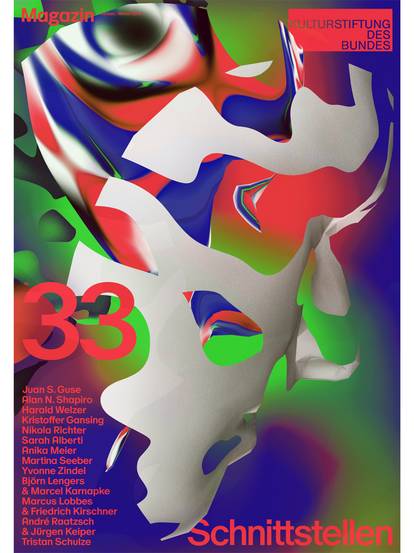

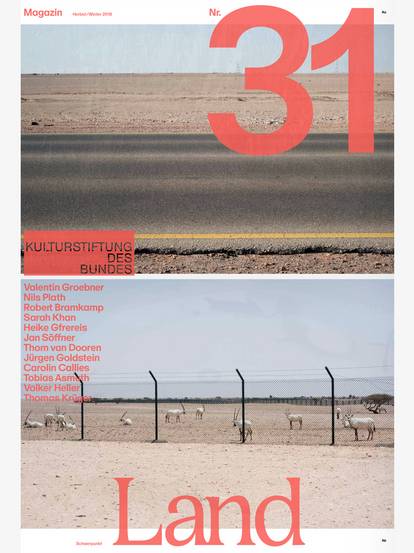
![[Translate to English:] Magazine 30](/fileadmin/_processed_/c/b/csm_magazin30_vorschau_9005f773d3.jpg)
